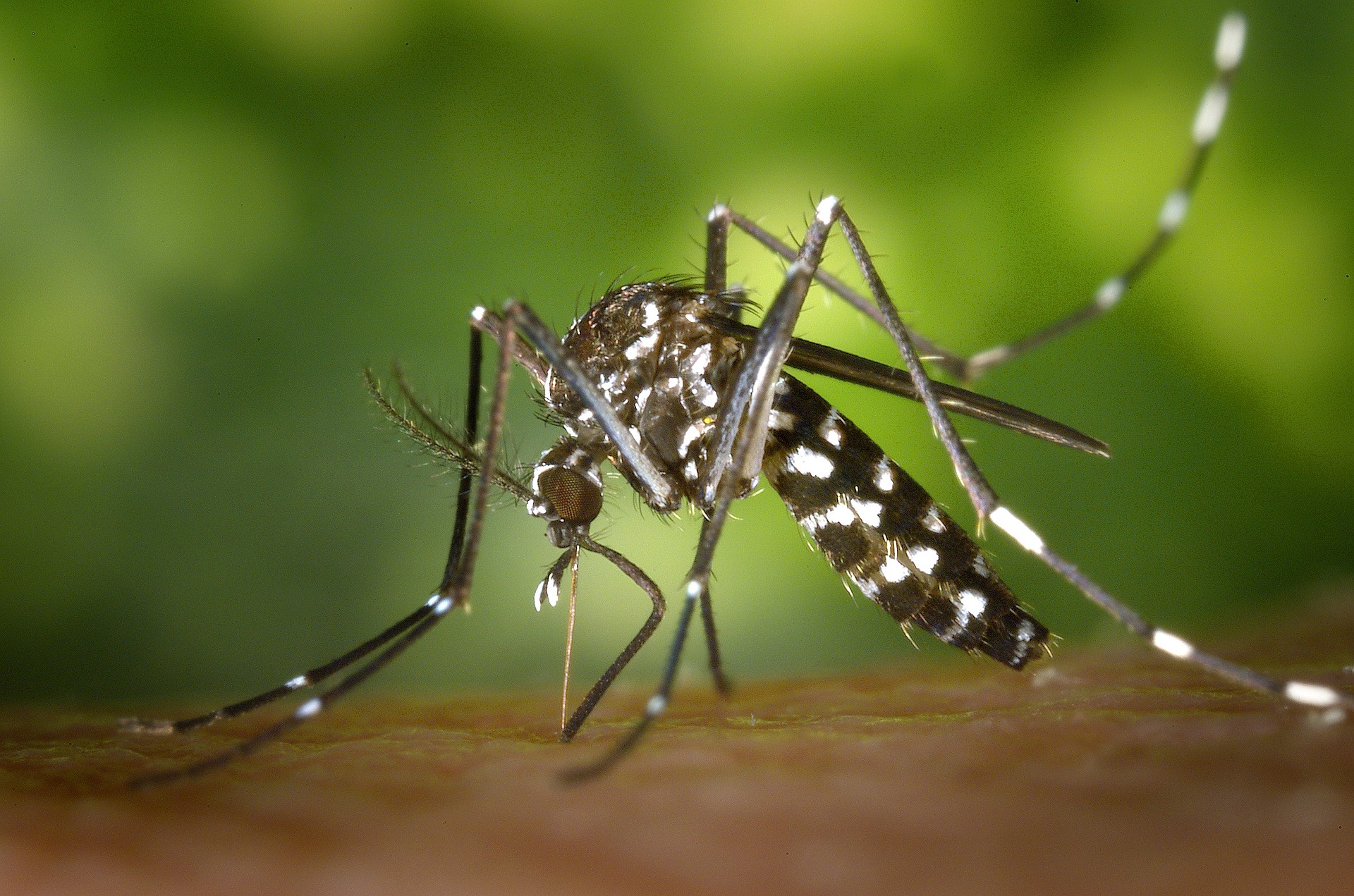Photo:
The Massachusetts Department of Public Health has raised the risk of Belmont residents being infected by the West Nile Virus from “low” to “moderate” after a human case of the virus was confirmed in Cambridge on Thursday, Sept. 12, according to the Belmont Board of Health and Health Department.
| In a press release dated Friday, Sept. 13, the Board of Health re- ported that no mosquito samples in Belmont have tested positive for the other mosquito-borne infectious illness, Eastern Equine |
The West Nile Virus is most commonly transmitted to humans by the bite of an infected mosquito. The mosquitoes that carry this virus are common throughout the
By taking a few, basic precautions, people can help to protect themselves and their loved ones:
Avoid Mosquito Bites
- Be Aware of Peak Mosquito Hours – The hours from dusk to dawn are peak biting times for many mosquitoes.
- Clothing Can Help reduce mosquito bites. Although it may be difficult to do when it’s hot, wearing long-sleeves, long pants
and socks when outdoors will help keep mosquitoes away from your skin. - Apply Insect Repellent when you go outdoors. Use a repellent with DEET (N, N-diethyl-m-toluamide), permethrin, picaridin (KBR 3023), IR3535 or oil of lemon eucalyptus [p-methane 3, 8-diol (PMD)] according to the instructions on the product label. DEET products should not be used on infants under two months of age and should be used in concentrations of 30% or less on older children. Oil of lemon eucalyptus should not be used on children under three years of age. Permethrin products are intended for use on items such as clothing, shoes, bed nets and camping gear and should not be applied to
skin . Mosquito netting can be used on baby carriages for children for whom insect repellent is not appropriate. - Drain Standing Water – Many mosquitoes lay their eggs in standing water. Limit the number of places around your home for mosquitoes to breed by either draining or getting rid of items that hold water at least two times each week. Check rain gutters and drains. Empty any unused flowerpots and wading pools, and change
water in birdbaths frequently. - Install or Repair Screens – Some mosquitoes like to come indoors. Keep them outside by having tightly-fitting screens on all of your windows and doors.








Leave a Review or Comment